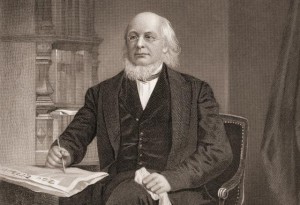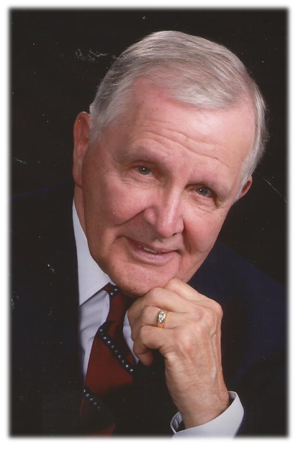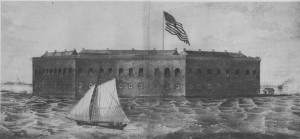Secession Spring: The Tariff War (Part Two)
During the Secession Winter, the business community in the North had urged the Lincoln administration to do what was necessary to maintain the peace. Toward that end, the stock market soared on news from Secretary of State Seward that Fort Sumter would be evacuated. It seemed that a peaceful solution had been reached on the issue of Federal forts in Southern territory, and a profitable business relationship with the Confederate States would therefore continue.
Slavery and union was of little concern. Peace was good for business. The Northern press agreed.

Horace Greeley (1811-1872), American journalist and political leader, is known as the co-founder and editor of ‘The New Yorker’ and founder and editor of the ‘New York Tribune.’
“If the Cotton States shall become satisfied that they can do better out of the Union than in it, we insist on letting them go,” wrote Horace Greely, editor of the New York Tribune. “We hope never to live in a republic whereof one section is pinned in the residue by bayonets.”
But, with the passage of a low revenue tariff by the C.S.A. on March 11, it appeared that a tariff war with the United States would commence instead. It was suddenly apparent that foreign shipping and goods would flow to Southern ports instead of Philadelphia, New York, Boston and Baltimore. Iron and cotton goods virtually prohibited by virtue of the Northern Morrill Tariff would flow into the Free Trade Zone’ of the South and find their way north through the porous 2,000 mile shared border. Thus the Northern press changed their tune and trumpeted that a ‘Tariff War’ would ruin the entire Northern economy.
Faced with this new fear, Northern merchants petitioned Washington that they would not pay the new duties unless the Federal government collected the new import duties in all Southern ports, too. Northern bankers, industrialists and the northern press changed from supporting a policy of accommodating the new southern nation to one of restoring the Union, even if coercion was necessary.
Even Lincoln’s cabinet did a turn-around after March 11. On his inauguration day, all but two members of his cabinet had urged accommodation with the Confederate States; give them Fort Sumter.
With the outcry, after March 11, from the northern business community and the press, all but one member of Lincoln’s cabinet reversed their view and supported his position of holding on to Sumter and the remaining federal property in the South.
More to come.


 A Great Read! I couldn’t put this book down once I got started. The detail was great and I really like the main character, Michael. Knowing that so much research went into this book made it exciting to read!
A Great Read! I couldn’t put this book down once I got started. The detail was great and I really like the main character, Michael. Knowing that so much research went into this book made it exciting to read! 